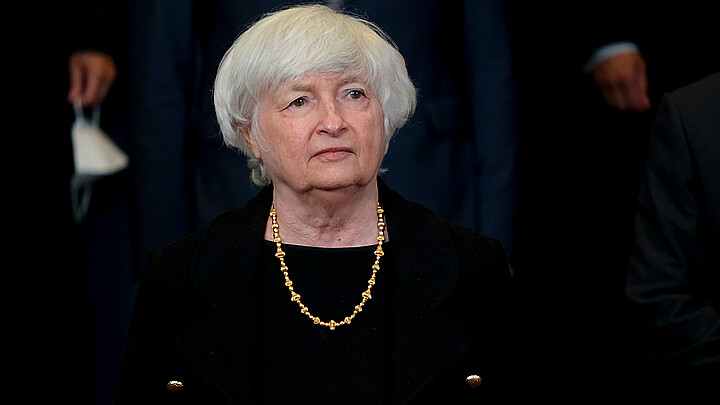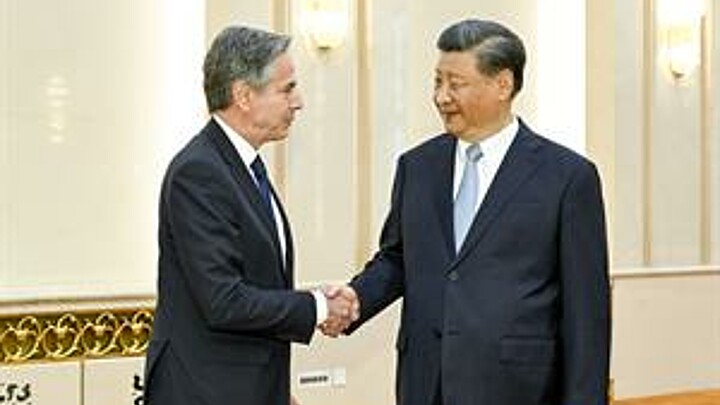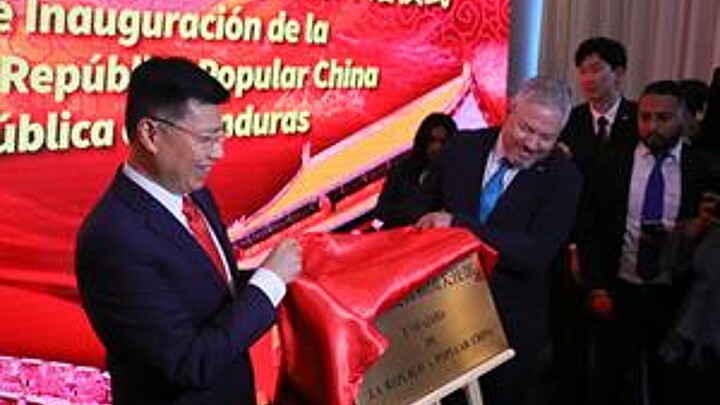Politics
Push by China's second in command may signal tensions in CCP over COVID-19 lockdowns
China’s second most powerful political figure reportedly urged a virtual meeting of 100,000 local government officials to immediately take action to “stabilize” the situation in China amid backlash to its “COVID-zero” strategy
June 3, 2022 12:24pm
Updated: June 28, 2022 6:20pm
Chinese Premier Li Keqiang, who has been sidelined by President Xi Jinping since taking office a decade, is emerging as a counterbalance to harsh lockdown policies that are strangling the Chinese economy.
China’s second most powerful political figure reportedly urged a virtual meeting of 100,000 local government officials to immediately take action to “stabilize” the situation in China amid backlash to its “COVID-zero” strategy, according to Al Jazeera, citing the state news agency Xinhua.
Li, a trained economist, pointed to numbers that showed how employment, industrial production and consumption had all tumbled to argue that China’s economy was facing an even greater challenge now than at the start of the pandemic in 2020, according to Xinhua.
The move by Xinhua to commit space to the 10,000-character speech stunned members of the Chinese Communist Party, reports Nikkei Asia.
Chinese netizens compared it to the1962 Seven Thousand Cadres Conference where CCP officials admitted the failure of the Great Leap Forward, a modernizations campaign that led to a brutal famine, according to the China Media Project.
Xi, 68, has championed the highly unpopular zero-COVID strategy that has confining tens of millions to their homes in an attempt to keep case numbers within its dense cities low.
Shanghai, China’s tech hub and most economically productive city, is only beginning to reopen from a lockdown that began in March. Confined residents ran out of food as the city slowed to a crawl, and supply chain experts called it “the most significant logistics disruption since the start of the pandemic.”
Li, 66, was also behind pro-business reforms from Beijing like easing a regulatory crackdown on private technology firm, loosening lending to property developers and homebuyers and helping manufacturing restart amid lockdowns, reports The Wall Street Journal.
He belongs to the faction of former party chief Hu Jintao, who was known for his technocratic competence and consensus-based rule. Hu retired voluntarily from all his positions at the end of his tenure and was succeeded by Xi Jinping, who abolished presidential term limits in 2018.










